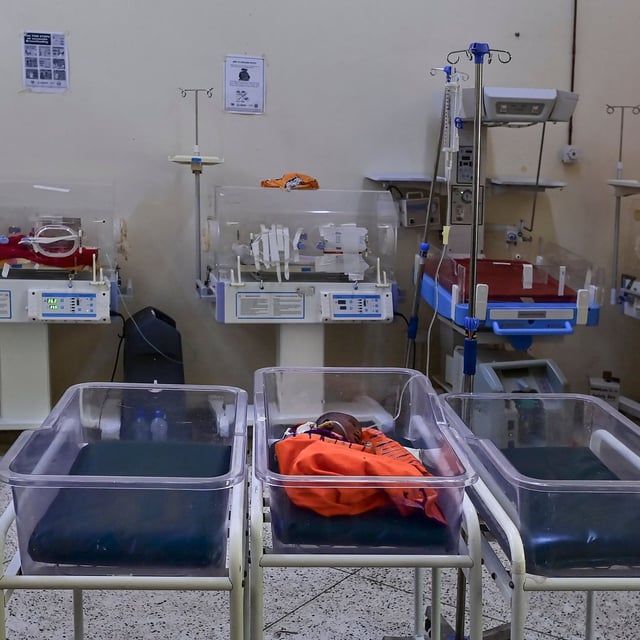Overview
- An NBER working paper reports results from a large randomized evaluation in rural Kenya run by Oxford and UC Berkeley researchers alongside GiveDirectly.
- Households offered a one-time, unconditional $1,000 transfer saw 49% lower infant mortality and 45% lower under-five mortality when the money arrived around birth.
- Impacts were largest for mothers living near hospitals with a physician, indicating strong complementarities between cash support and access to quality care.
- Channels identified include more facility deliveries, improved nutrition, and reduced heavy work for mothers late in pregnancy and after childbirth.
- The program also generated local economic spillovers and has prompted debate over whether smaller, regular payments could sustain benefits more reliably.

